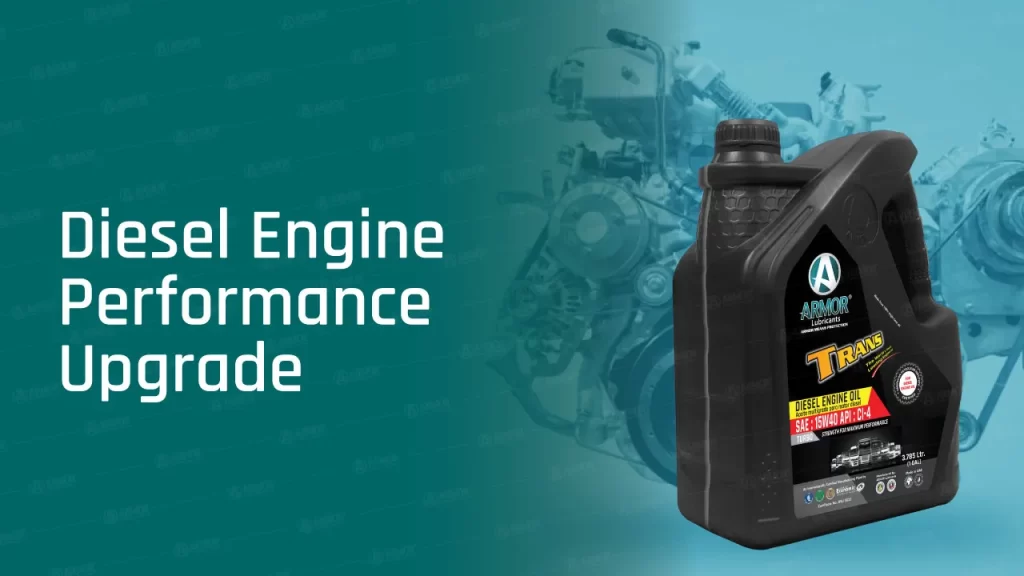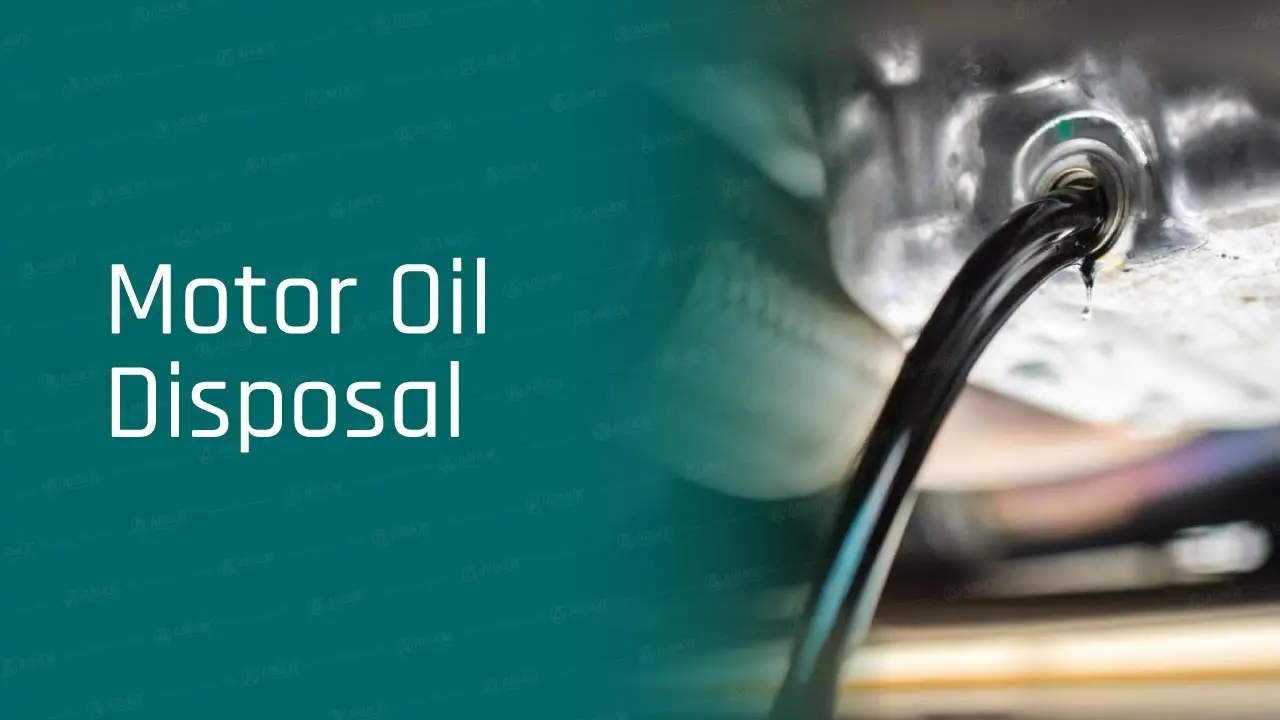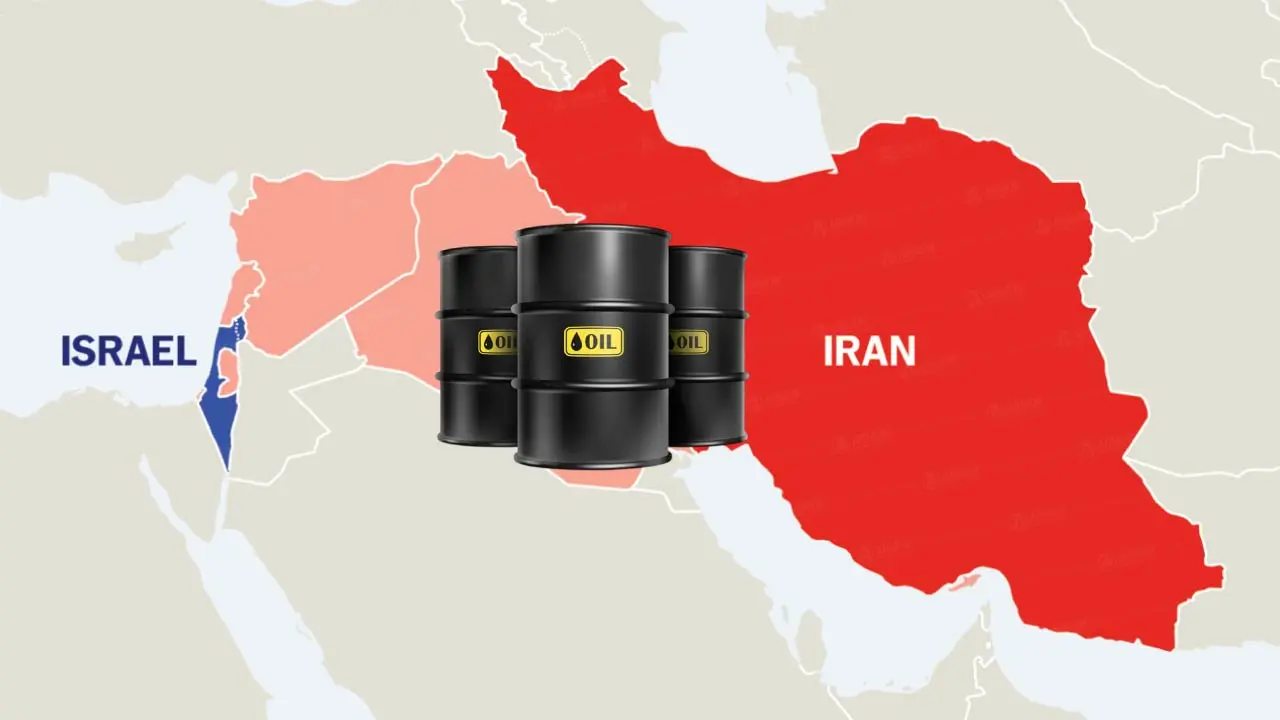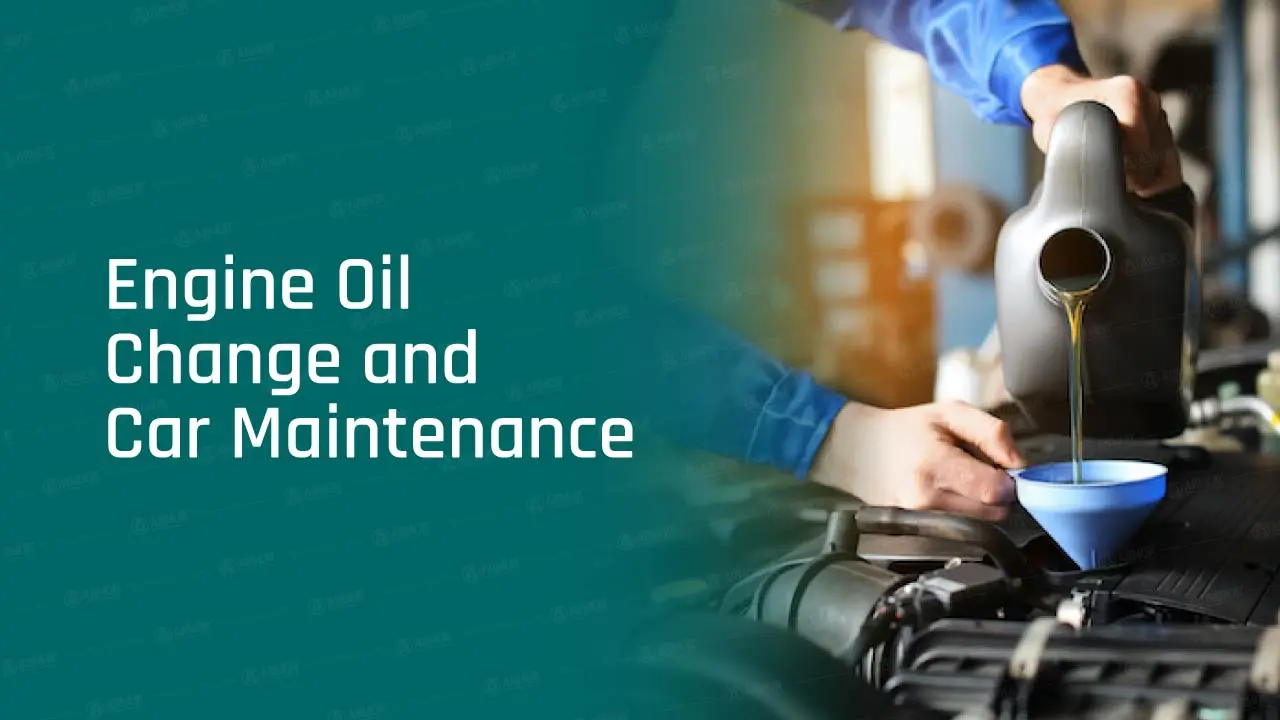- Armor Blog
- Consumer Education
- Upgrade Your Diesel Engine for Power and Performance

How to Upgrade Your Diesel Engine to Boost Performance and Improve Power?
You know that feeling—the one when you press the pedal, expecting a surge of power, but instead, your truck hesitates, lagging like it just woke up from a nap.
Maybe you’re towing a trailer up a steep incline, trying to overtake a slow-moving car, or just looking for that extra punch when you hit the open road. Whatever the case, your diesel engine should be delivering smooth acceleration, raw power, and solid fuel efficiency. But here you are on the road, feeling frustrated about performance drop.
Can you buy another diesel truck? Sure, you can, but where is the fun in that when you can fix your old one?
Engines are not meant to last forever, but they are also made to last long! Longer life span comes with some drawbacks, like performance drop, but here’s the thing—you don’t need a full engine rebuild or a high-budget turbo upgrade to bring it back to life.
Few smart tweaks can sometimes to unleash the hidden power under your hood. Let’s dive into how you can take your diesel engine performance to the next level.
Electronic Control Module (ECM) Reprogramming
Every modern diesel truck relies on an Electronic Control Module (ECM) to regulate engine performance. This tiny computer controls fuel injection timing, air-to-fuel ratios, and boost pressure. While factory settings prioritize fuel economy and emissions, reprogramming the ECM—also known as tuning or reflashing—can unleash serious power.
How Tuners Improve Diesel Performance
A tuner or ECM reflash adjusts fuel and air delivery parameters, allowing your engine to burn fuel more efficiently. This optimization results in:
- Increased horsepower and torque
- Better throttle response
- Improved fuel efficiency (depending on the tune)
- Reduced turbo lag for quicker acceleration
Some tuners focus on power, while others prioritize economy or towing performance. Many offer switchable modes, letting you adjust power levels based on your driving needs.
How Much Power Can You Gain?
Horsepower gains depend on the tuner and the level of modification. Most diesel trucks see an increase of 50 to 200 horsepower with proper tuning. High-performance tuners can push even higher, but excessive power gains may require supporting upgrades to maintain drivetrain reliability.
Choosing the Right Tuner
Several brands dominate the diesel tuning world, each offering different features and tuning strategies. Popular options include:
- Banks Power– Reliable, emissions-compliant power gains
- SCT– Custom tuning for Ford diesel engines
- Edge– User-friendly tuners with real-time monitoring
- EFI Live– Advanced tuning for Duramax and Cummins engines
- TS Performance– Simple plug-and-play power modules
- Bully Dog– Versatile tuners for multiple diesel platforms
Important Considerations Before Tuning
- Transmission Upgrades– Boosting power beyond 150 horsepower may stress your transmission, requiring a stronger torque converter or built-up internals.
- Emissions Compliance– Some tunes disable emissions controls, which may not be legal in all areas. Look for emissions-friendly options if needed.
- Engine Longevity– Aggressive tuning increases stress on engine components. Pairing tuning with proper maintenance and high-quality diesel engine oil helps protect against wear.
Turbocharger Upgrades
Turbochargers are the heart of a diesel engine performance, forcing more air into the combustion chamber to produce greater power and efficiency. More air means more fuel can be burned, translating into higher horsepower, stronger torque, and better throttle response.
Learn about key steps to maintain internal combustion engine in this informative blog post.
Why Stock Turbochargers Fall Short
Factory-installed turbos are designed for balanced performance, not peak power. While they work well for daily driving, they often struggle with aggressive tuning, heavy towing, and high-speed demands.
Excessive heat buildup, limited boost capacity, and restrictive airflow can hold back your engine’s full potential. Upgrading to a high-performance turbo eliminates these limitations, delivering faster spool times, improved airflow, and sustained power under heavy loads.
Choosing the Right Aftermarket Turbo
Not all turbochargers are built the same. Selecting the right one depends on how you use your truck:
- Towing and Heavy Hauling– Opt for a larger variable-geometry turbo (VGT) for steady boost and low-end torque.
- Racing and Performance Builds– A high-flow single or compound turbo setup delivers extreme horsepower gains and rapid acceleration.
- Daily Driving– A mild turbo upgrade improves fuel efficiency and throttle response without sacrificing reliability.
Fuel System Enhancements: More Fuel, More Power
A diesel engine is only as powerful as the fuel system feeding it. Without a steady, high-pressure fuel supply, performance suffers- resulting in sluggish acceleration, lower horsepower, and inefficient combustion. Upgrading key components like lift pumps, high-pressure pumps, and injectors ensures consistent fuel delivery and unlocks hidden power.
Key Fuel System Upgrades for Performance
- Lift Pumps– Maintain a steady fuel flow, preventing air pockets and fuel starvation under heavy loads.
- High-Pressure Fuel Pumps (CP3 & CP4)– Deliver precise fuel pressure for efficient combustion. The CP3 pump is known for reliability, while the CP4 pump has a history of failure due to modern diesel’s lower lubricity.
- Upgraded Injectors– Larger injector nozzles increase fuel volume, allowing for a more powerful and efficient burn. This results in better throttle response and higher horsepower gains.
Protecting Your Fuel System from Damage
- Fuel Additives– Diesel fuel today has lower lubricity, leading to premature wear on components like the CP4 pump. Using high-quality diesel additives reduces friction and extends fuel system lifespan.
- Regular Maintenance– Replacing fuel filters and monitoring injector performance prevents clogging and ensures consistent power delivery.
High-Flow Exhaust Systems: Let Your Engine Breathe
A diesel engine is like an athlete—the easier it breathes, the better it performs. Stock exhaust systems often restrict airflow, causing backpressure that limits power and efficiency. Upgrading to a high-flow exhaust system removes these restrictions, allowing exhaust gases to exit freely and improving overall diesel engine performance.
How a Performance Exhaust Boosts Power
A high-flow exhaust enhances diesel engine performance by:
- Reducing Backpressure– Less restriction means the turbo spools faster, improving throttle response and horsepower.
- Increasing Engine Efficiency– Exhaust gases exit more smoothly, reducing heat buildup and improving fuel economy.
- Enhancing Sound & Aesthetics– A performance exhaust delivers a deeper, more aggressive exhaust note while giving your truck a custom look.
Key Considerations Before Upgrading
A high-flow exhaust is crucial when adding tuners, turbo upgrades, or fuel system enhancements. Without proper exhaust flow, increased power output can lead to excessive heat buildup, reducing engine longevity.
When choosing an exhaust system:
- Material matters– Stainless steel resists corrosion better than aluminized steel.
- Pipe diameter affects flow– Larger diameters (4” or 5”) support high-horsepower builds.
- Muffler design influences sound– Straight-through mufflers increase flow and provide a more aggressive exhaust note.
A high-performance exhaust unlocks extra power while keeping engine temperatures in check, making it one of the best upgrades for serious diesel enthusiasts.
In conclusion
Upgrading your diesel engine can significantly boost its performance and power. Remember to choose high-quality lubricants offered by Armor Lubricants to protect your engines. For more information on selecting the right engine oil for your upgraded engine, check the range of diesel engine oil we offer at competitive price in uae.




 Spear lubricants
Spear lubricants Armada lubricant
Armada lubricant Ace lubricants
Ace lubricants Perfect lubricants
Perfect lubricants Enzo lubricants
Enzo lubricants Lawrence lubricants
Lawrence lubricants